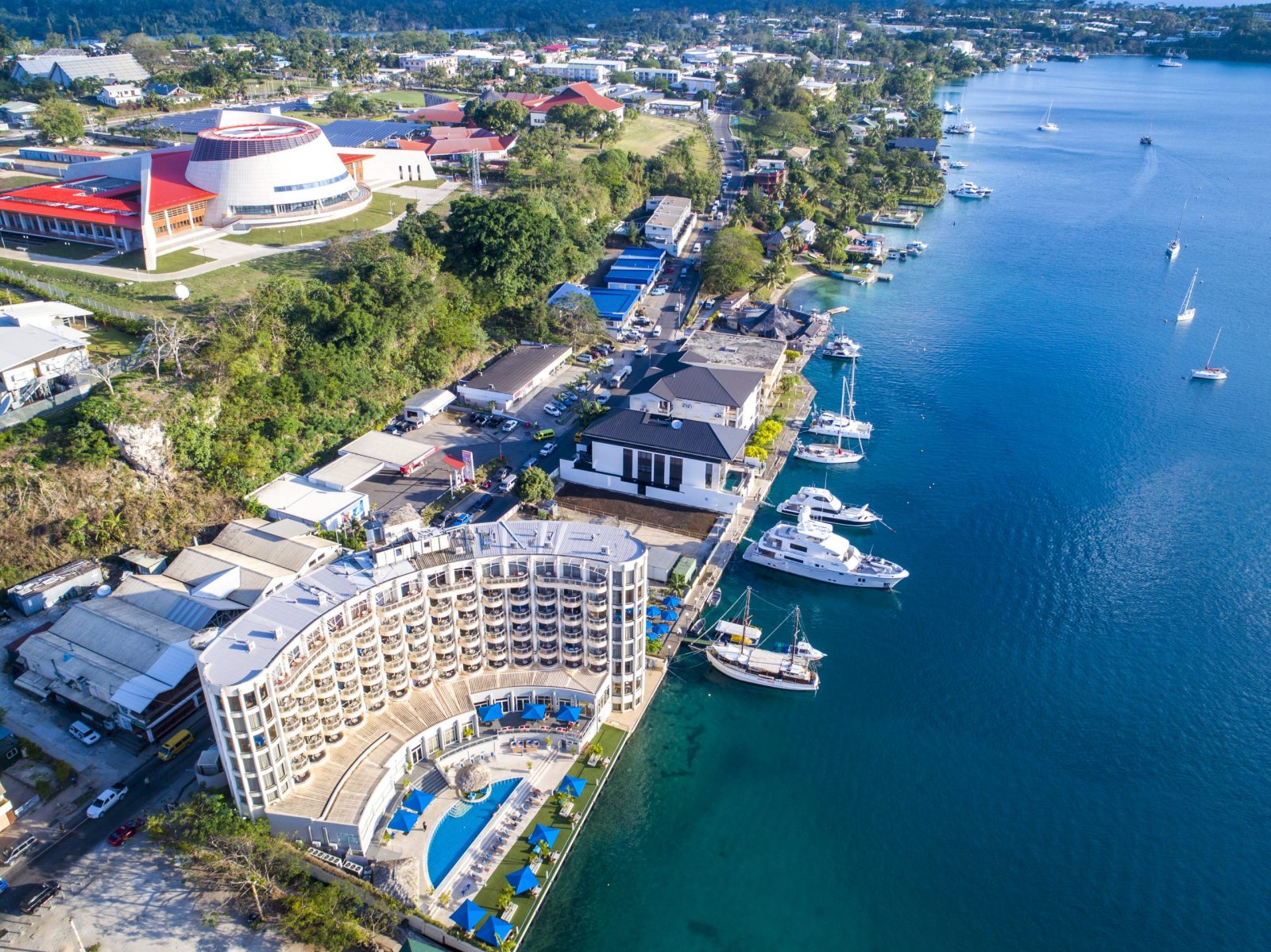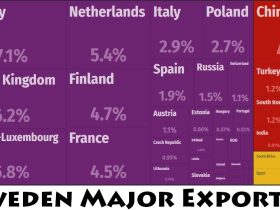
Vanuatu’s main businesses
Vanuatu, a small island nation in the South Pacific, has a diverse economy primarily based on agriculture, tourism, offshore financial services, and small-scale industries. Here’s an overview of Vanuatu’s main businesses and economic sectors:
1. Agriculture and Fisheries
Agriculture is the backbone of Vanuatu’s economy, employing a significant portion of the population. Subsistence farming dominates, with locals growing crops such as yams, taro, bananas, and coconuts. Additionally, export-oriented crops like kava (a plant used to produce a traditional ceremonial drink), copra (dried coconut kernel), cocoa, and coffee are significant contributors to the economy.
Fisheries also play a vital role, with tuna and other marine products being exported. Artisanal and subsistence fishing support the livelihoods of many rural communities.
2. Tourism
Tourism is a major contributor to Vanuatu’s GDP, attracting visitors from Australia, New Zealand, and other parts of the world. The country’s natural beauty, including pristine beaches, coral reefs, and volcanic landscapes, along with cultural heritage, makes it a sought-after destination. Popular activities include snorkeling, scuba diving, trekking, and cultural tours.
Vanuatu’s tourism sector includes hotels, resorts, restaurants, and tour operators, which are concentrated in the capital, Port Vila, and on Espiritu Santo Island. Cruise tourism is also significant, with Port Vila being a popular stop for international cruise lines.
3. Offshore Financial Services
Vanuatu has established itself as a hub for offshore financial services due to its tax-friendly policies, minimal regulations, and confidentiality laws. It offers international banking, insurance, and company registration services. The country is particularly attractive to foreign investors seeking a tax haven.
4. Retail and Trade
The retail and wholesale trade sector supports the local economy by providing goods and services. Small businesses, including grocery stores, clothing shops, and markets, cater to both locals and tourists. Port Vila and Luganville are the main centers for retail activities.
5. Construction and Real Estate
The construction industry has grown in response to increasing tourism and infrastructure development. Real estate is another growing sector, driven by foreign investments in holiday homes, resorts, and commercial properties.
6. Small-Scale Industries
Small-scale manufacturing businesses in Vanuatu produce items such as handicrafts, furniture, and food products. Traditional handicrafts, including woven mats, baskets, and carvings, are popular among tourists and provide a source of income for rural communities.
7. Renewable Energy
With a focus on sustainable development, Vanuatu has been investing in renewable energy projects, particularly solar and wind energy. These projects aim to reduce the country’s dependence on imported fossil fuels.
8. Transportation and Logistics
Given its island geography, transportation and logistics play a crucial role in connecting communities and supporting trade. Shipping and aviation businesses facilitate the movement of goods and tourists between islands and international destinations.
9. Information and Communication Technology (ICT)
Vanuatu’s ICT sector is gradually expanding, with improvements in internet connectivity and mobile phone services. Telecommunications companies are essential in connecting remote areas and supporting businesses.
Conclusion
Vanuatu’s economy relies on a mix of traditional and modern sectors. Agriculture and tourism remain the dominant industries, while offshore financial services, real estate, and small-scale industries contribute to diversification. As the nation continues to develop, opportunities in renewable energy, ICT, and infrastructure present significant potential for growth.



Leave a Reply